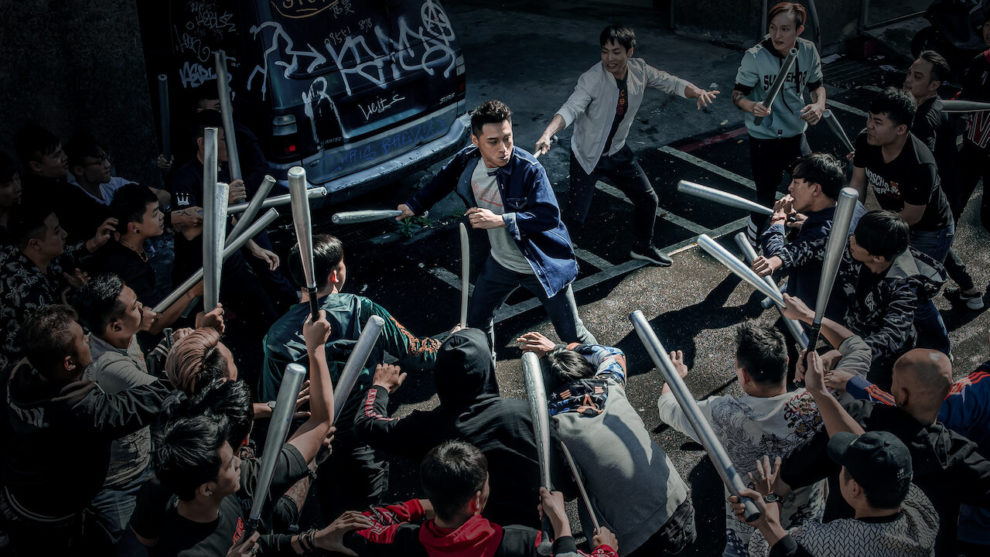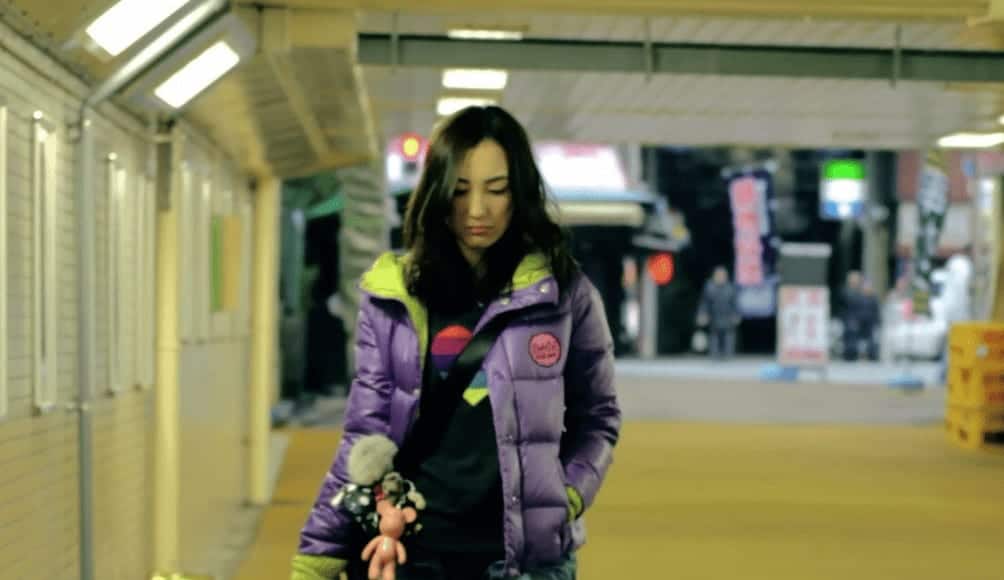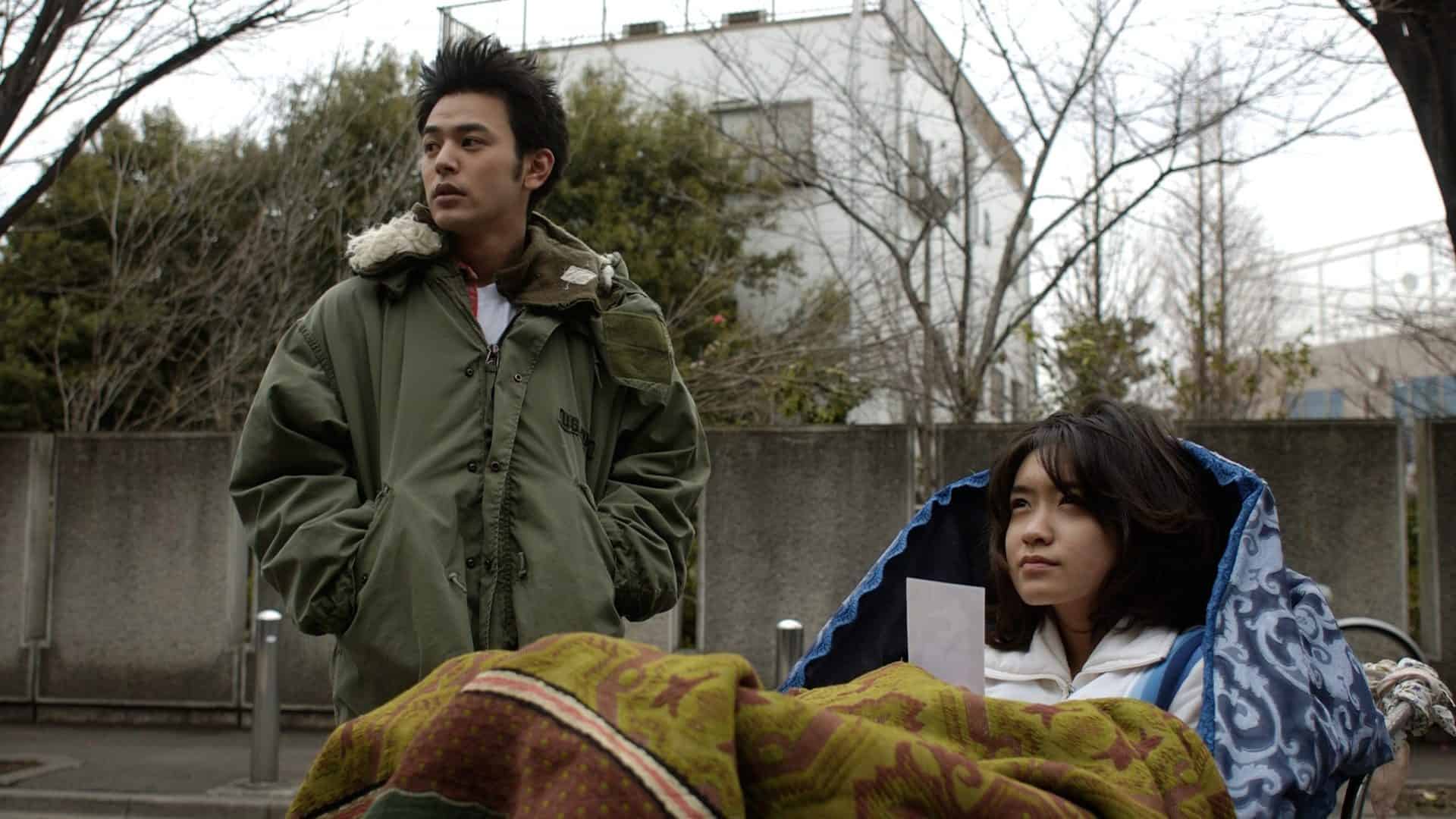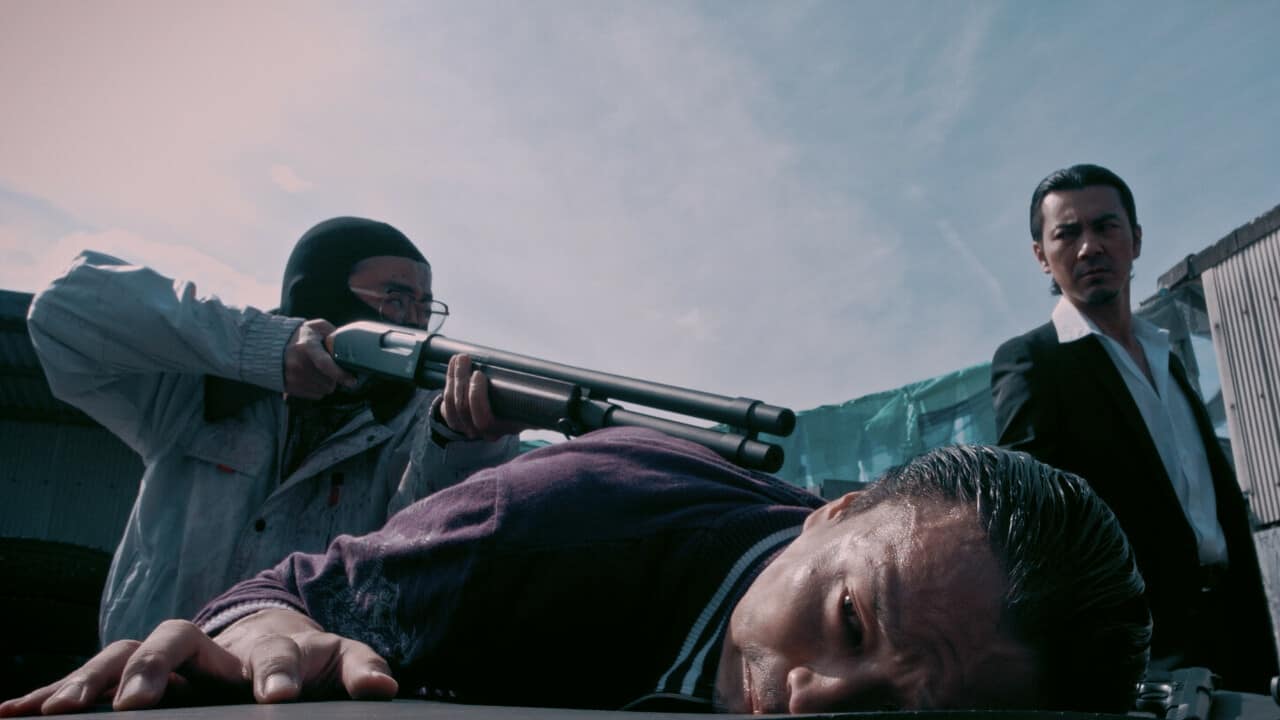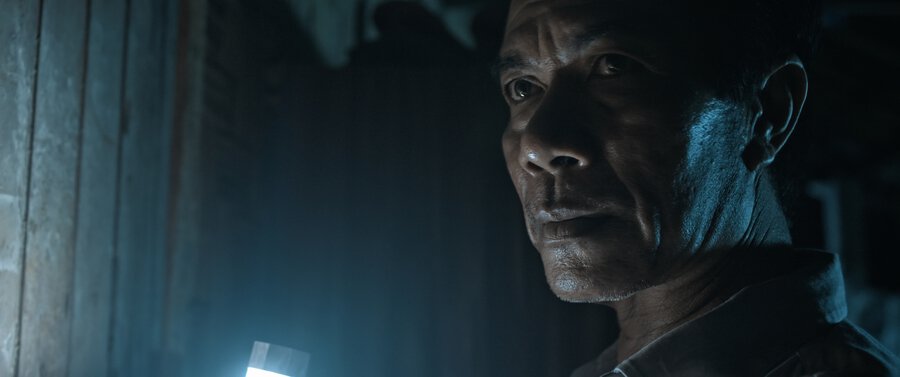The Gatao franchise has proven to be a rather formidable one, particularly since Gatao 2 found itself streaming on Netflix. The third installment is also available on the streaming platform, continuing the recipe of the previous two, by having a story that unfolds in the same “universe” but focusing on a different character, thus allowing the movies to be watched both continuously and as individual entries. .
“Gatao: The Last Stray is screening at Udine Far East Film Festival

This time, the point of focus changes from the North Fort gang leader Ren (played by Wang Shih-Sian then, but Alex Ko here), to lieutenant Qing, an orphan who has grown up among his gatao brothers. In a rather intense narrative turn than the previous two, the main element here is his romance with photographer Chi, a young girl whose life is proven to be as tragic as his. Of course, mafia politics cannot be missing from a Taiwanese crime movie, as a construction deal between the North Fort group and their southern rival is threatened by Skai, the ambitious son-in-law of the southern chairman, who, against the orders of his father-in-law, has started dealing drugs. As the antagonism between Skai and Ren intensifies, Qing must find a way to help his boss while keeping Chi safe.

That romance is the main element here allows Chiang Jui-chich to explore the whole concept of the gatao through another perspective, that of the women of the criminals, and the ways “the life” actually affects their lives. In that fashion, one of the most interesting aspects of the narrative is the choice Qing has to make daily, between dedication to his boss and taking care of Chi, with the two clashing significantly, since working as a criminal does not include any rules about not bothering the “employees” after hours. At the same time, and even if love is portrayed as a wonderful feeling that truly elevates people's life, the fact that the danger is essentially equal for both when one of the two is a criminal, seems to state that sentiments like that in the underworld are very hard to retain. This comment does not derive only from Qing and Chi's relationship, but also from Skai and his wife, with the latter having to deal with her priorities between being the boss's daughter and the underboss's wife, since the will of the two men inevitably clash. In that fashion, both Chien Sheng as Skai and Lung Shao-hua as the boss give two very intriguing performances, with the latter in particular oozing a cool malignancy from every move he makes in the most artful way.
Furthermore, the romantic element is presented rather nicely, with the way Qing wins over Chi being utterly adorable, and her increasingly more frequent secret smiles being one of the highlights of the movie and of Nikki Hsieh's performance. Cheng Jen-shuo as Qing is the undisputed star of the movie, with his portrayal of a loving boyfriend, dedicated subordinate and comrade, and violent enemy being equally convincing. However, a few faults do exist in that aspect, since Chi's role could have been a bit more analyzed, while the scene where Qing is drunk could have been better acted. In general, however, both their performances and their chemistry are quite good.
On the other hand, the whole concept of the young people spending their lives in clubs doing drugs while being sexually promiscuous is not examined particularly thoroughly, essentially ending up as an excuse for some visual prowess and an element that highlights Skai's despicability, which eventually leads to his demise.
The action scenes are as impressive and brutal as usual, with the one where the two gangs clash and the one in the drugs lab standing out particularly, even if the latter is a bit excessive. The one however, that will remain on the mind of the viewer is another one that takes place during a night walk, whose dramatic consequences make it the most significant scene in the film.
Yao Hung-i's cinematography is rather polished, in a style, however, that fits the overall aesthetics quite nicely, while the club scenes are particularly impressive. The editing is also on a very high level, particularly in the cuts that transition from calmness to action, whose abruptness induces the movie with a shock element that works quite well. Some trimming, however, particularly of the club scenes, would have benefitted the overall production.
“Gatao: The Last Stray” is another great installment in the Taiwanse franchise, with the country's cinema proving once more the knack it has for directing fascinating crime movies with intense context.


